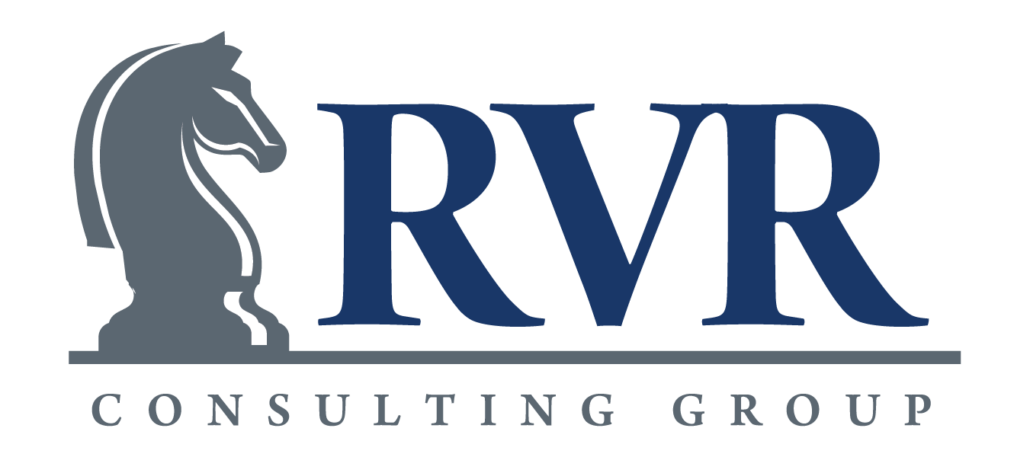The 6 Essential Business Areas to Prepare for a Hurricane
Summer is drawing to a close, the school year is ramping up, and the Atlantic is churning up concern from the Keys to the Carolinas. For many small to mid-market companies, hurricane concerns often take a backseat to daily operations until the storm has passed, and the damage is done. In fact, 40% of small business that close due to hurricane damage, do not reopen, according to FEMA and the US Department of Labor.
Although Mother Nature can be unpredictable, your business security does not need to be, and so FEMA has identified six key arenas for you to keep top-of-mind this hurricane season:
This season don’t let a hurricane rain on your business’ parade: keep your people safe, your customers happy, and your future secure. If your company is interested to learn more about Hurricane Preparedness, take a look at FEMA’s ‘Ready Business’ Hurricane Toolkit, which provides insightful recommendations on how to support all six of the areas above, including a Risk Assessment and actionable checklist.



